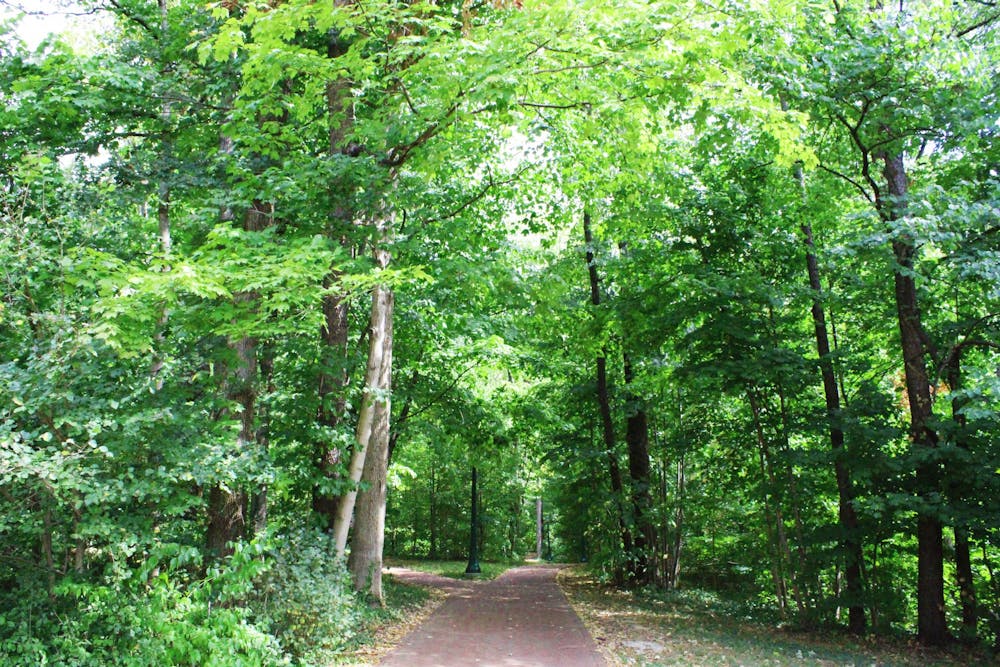A recent IU survey report found that Hoosiers’ views on environmental issues usually stem from political affiliations. The report also suggests Hoosiers are more likely to agree with climate change solutions than agree on whether or not it is a significant or existent issue.
The report is called "The Hoosier Life Survey: Politics and Climate Change at the Crossroads." It was written after IU’s Environmental Resilience Institute sent the survey out to around 10,000 Hoosiers through email and paper postal mail. About 2,700 households answered the survey from August to December 2019, Hoosier Life Survey co-leadMatt Houser said.
Questions were related to what Hoosiers do and do not believe about climate change, what they are doing to help the environment and what environmental public policies they might support.
Hoosiers answered differently about whether or not they believe in climate change and what they believe the causes are depending on their political affiliation, Eric Sandweiss, survey co-lead and IU history professor, said.
“It already sets people in a frame of mind where they seem to be kind of solidified in their opinion according to the mindset that they share about other political issues,” he said.
Around 26% of Hoosier Republicans do not think climate change exists, according to the report. About 79% of independents and 93% of Democrats believe climate change is happening.
About 58% of Hoosier Democrats believe that humans are the main cause of climate change, according to the report. About 16% of Hoosier Republicans believe this.
Sandweiss said they found Hoosiers agreed more on questions about climate change policies.
“You ask people more specifically about what they can do to make themselves or their family or community more comfortable or more resilient or more successful,” Sandweiss said. “Then, people start giving into it at a pretty specific level that begins to minimize those political differences.”
Houser said some of these hypothetical policies involved reducing greenhouse gas emissions, being prepared for extreme weather and putting solar panels on houses.
“That was both shocking to me, to some degree, how supportive Hoosiers were,” he said. “To me, it’s a clear path forward.”
One policy in the survey that was mostly supported was the idea to tax companies based on how much they contribute to pollution.
Institute director Janet McCabe compared this idea to trash collection. The idea is that citizens must pay to have the waste they create disposed of, so corporations that create pollution should be taxed for their contribution to pollution.
“These results are reinforcing that they believe that the right place to bear the cost is the place that creates the emissions,” she said of Hoosiers.
Sandweiss said the survey will help to inform public officials of public opinion.
“Everything that relates to how we can build a stronger and more resilient state in the face of changes that are already underway is important,” he said. “We’re trying to give the people who will make decisions more information about how they can make those decisions in a way that draws in wide public support and that appeals to the particular needs and the particular backgrounds of Indiana residents.”






